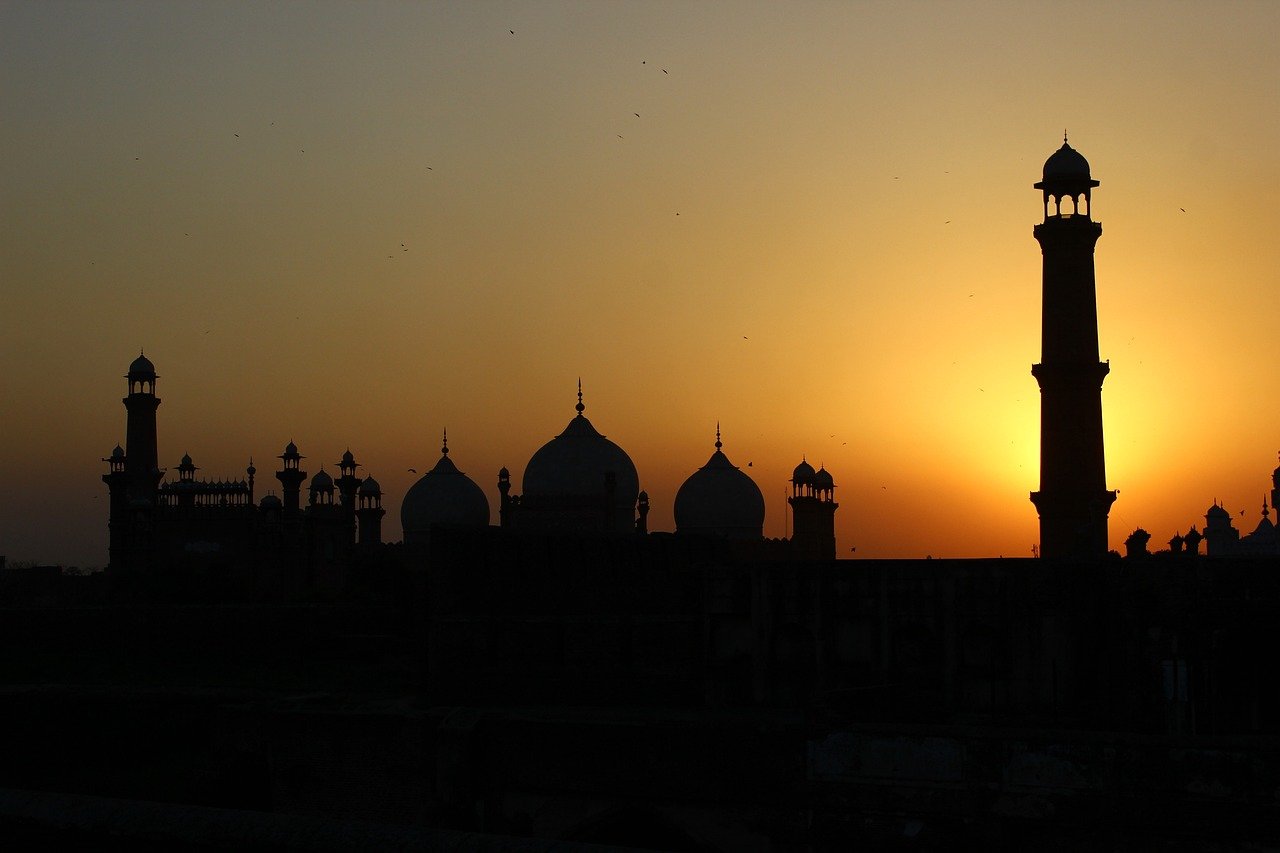The Birth of Pakistan’s Understanding Its Historical Genesis
As a separate entity, Pakistan was not “discovered” by one person. It became an independent entity in 1947 when British India was divided. The founder of the All-India Muslim League, Muhammad Ali Jinnah, was instrumental in promoting the establishment.

He went on to become Pakistan’s first governor general and then its first president. The demand for a homeland for Muslims as the inspiration for the concept of Pakistan.
Introduction:
In the traditional sense, people do not credit the emergence of Pakistan as a contemporary nation-state to a single person who “discovered” it.
Rather, it is the outcome of a convoluted political and historical process that began with the Indian subcontinent’s fight for independence from British colonial authority. We shall examine the historical background and significant individuals who were instrumental in Pakistan’s founding in this post.
- British Colonial Rule
- Muhammad Ali Jinnah
- Lahore Resolution
- Independence and Partition
- Conclusion
British Colonial Rule:
British colonists ruled the Indian subcontinent for almost 200 years. Leaders such as Muhammad Ali Jinnah of the All-India Muslim League and Mahatma Gandhi and Jawaharlal Nehru of the Indian National Congress had contributed to the growing momentum of the independence movement by the middle of the 20th century.
Muhammad Ali Jinnah:
Muhammad Ali Jinnah was one of the most well-known leaders in the movement for a distinct Muslim state.
In a country where Hindus constituted the majority, he was a dynamic leader and accomplished lawyer who championed Muslim rights.
Jinnah was a key player in the fight for a distinct Muslim nation because of his vision and tenacity.
Lahore Resolution:
Under Jinnah’s direction, the All-India Muslim League adopted the Lahore Resolution on March 23, 1940, calling for the establishment of an independent state for Muslims in British India’s northern and northwest areas.
Many see this decision as a crucial turning point in Pakistan’s history.
Independence and Partition:
The approval of the Indian Independence Act of 1947, as the independence movement gained momentum, led to the division of British India into the sovereign countries of India and Pakistan on August 15, 1947, formally constituting West Pakistan, or modern-day Pakistan, and East Pakistan, or modern-day Bangladesh, as independent nations.

Conclusion:
Muhammad Ali Jinnah played a significant role in the historical evolution that resulted in the founding of Pakistan, which several leaders’ vision and combined efforts fashioned.
Pakistan did not arise from a single “discoverer” in the conventional sense; rather, it was the product of millions of Muslims’ unwavering determination to seek their own state, where they could exercise their rights and maintain their cultural and religious identity.
To fully appreciate the intricate and profound history of Pakistan’s establishment, one must comprehend the historical setting as well as the roles that many leaders and organizations have played. Struggles, sacrifices, and the quest for self-determination characterize this history.

